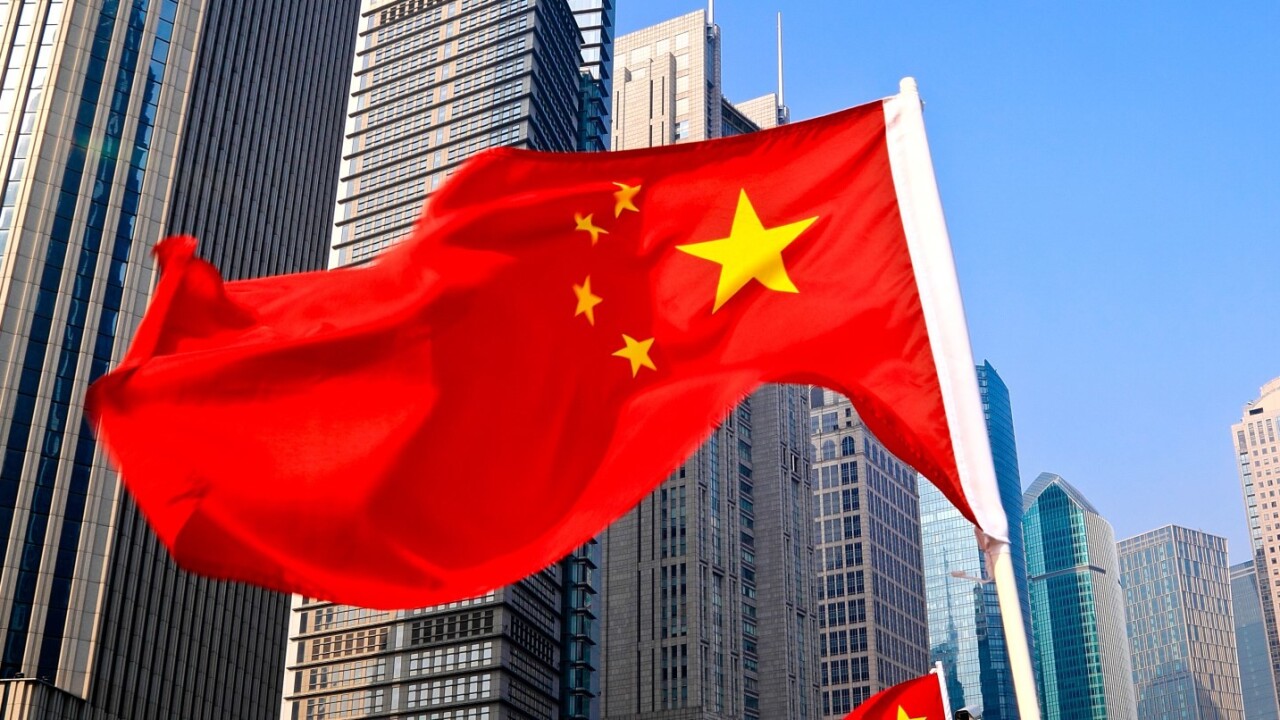
The Chinese government is notorious for exerting a huge amount of control over the Internet. It employs an army of professional trolls and censors, and the so-called Great Firewall dictates what over a billion people can view online. Now, it’s casting its eye to the last Wild West of the Chinese Internet – app stores.
According to the New York Times, the Cyberspace Administration of China (CAA) has decreed that app stores must register with the government in order to continue operating legally in the country. This move will go into effect from January 16, and will see the government vastly increase its oversight in this area.
A notice published on the CAC’s website says that the motivation for this is to protect users. It argues that “Many apps have been found to spread illegal information, violate user rights or contain security risks.” Registration means that it’s clear who is responsible for each particular app store, and the government can take action should an app or app store run afoul of the law.
The Chinese app store market is a bit of an aberration. Present is the iOS app store, although albeit in a sanitized form for local audiences.
Just three weeks ago, Apple removed the English and Chinese-language versions of the New York Times app from its Chinese store, after the Chinese government told Apple they were in breach of unspecified local regulations.
Meanwhile, Android (which is the most popular operating system in the Chinese market) exists without the Google Play store, which is blocked by the great firewall. In its place are several unofficial third-party app stores, all of varying quality. These are largely operated by local firms like Tencent, Baido, Qihoo 360, Xiaomi, and Alibaba.
Also present is Amazon, which launched the Amazon Appstore in China over three years ago.
This marketplace fragmentation makes it harder for the Chinese Government to exert its control and influence. Perhaps this new legislation will go some way to reversing that trend. Although, it does seem like an exercise in futility, especially when you consider the ease in which applications can be distributed independently of any app store.
Get the TNW newsletter
Get the most important tech news in your inbox each week.





